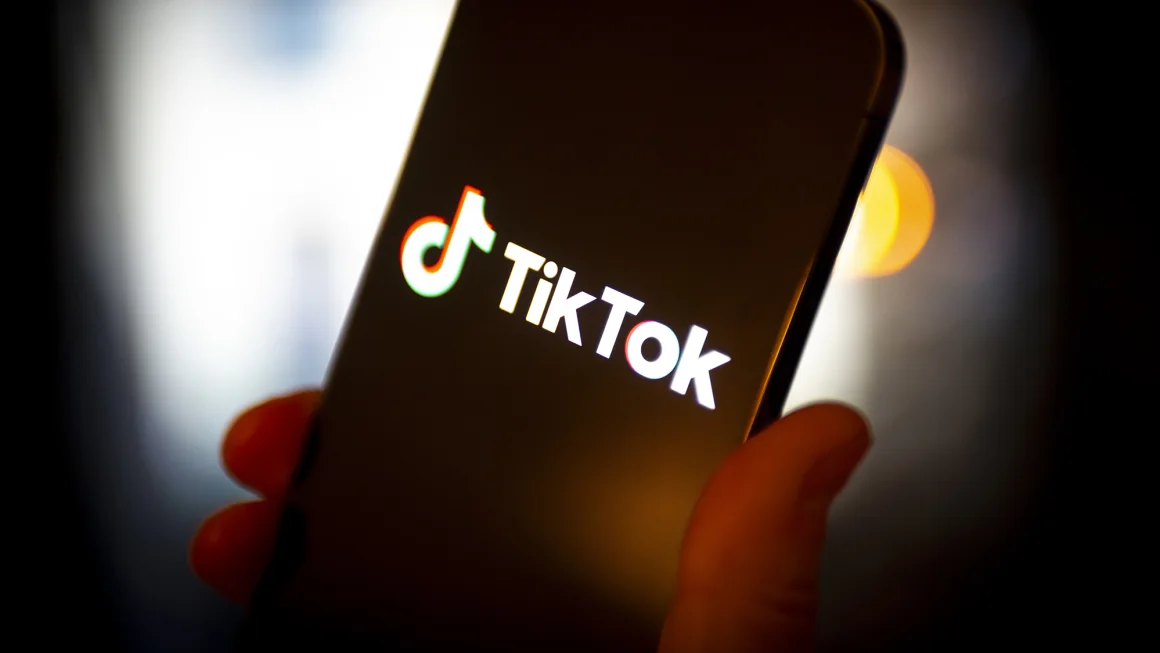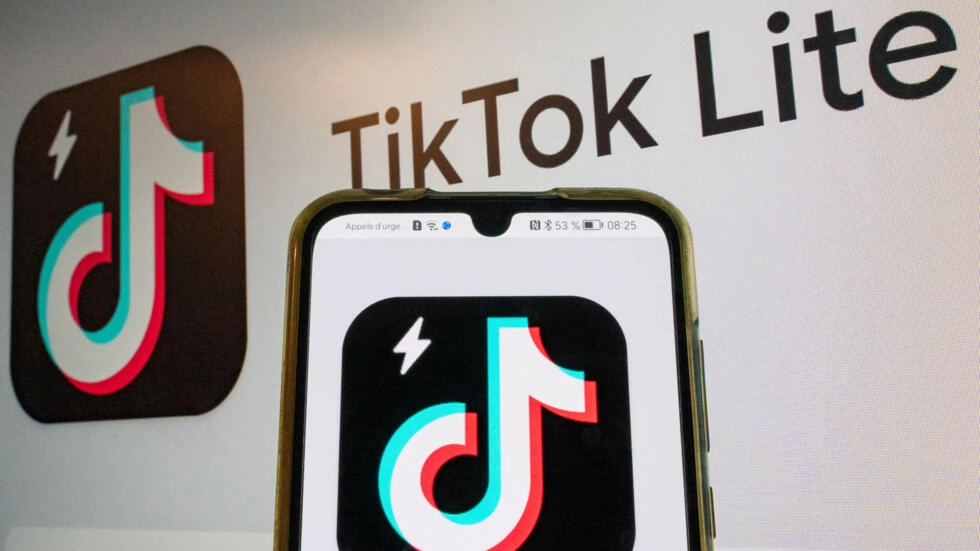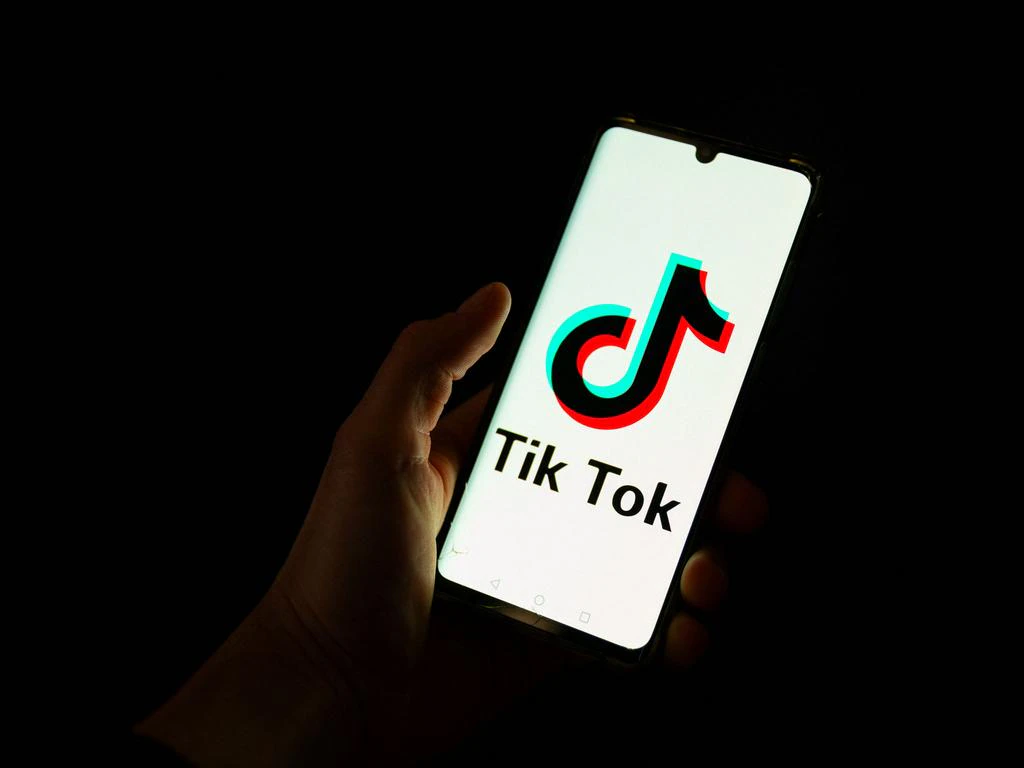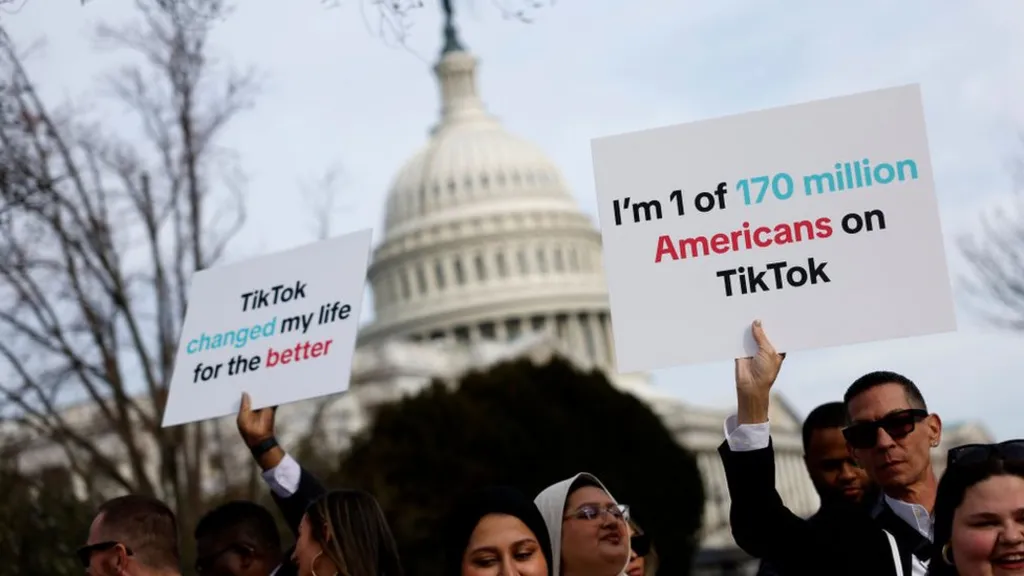US Congress votes for bill that could see TikTok banned from app stores
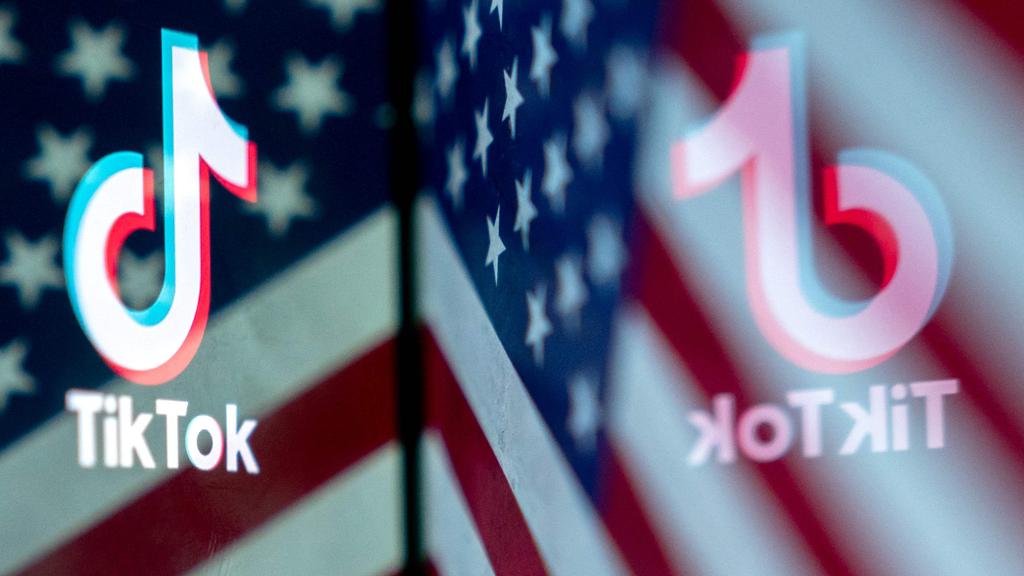
Chinese owned social media giant TikTok is a massive step closer to vanishing in the US after the House of Representatives voted to pass a bill that could see the app banned.
There are fears in many Western countries that the hugely popular social media platform could threaten national security, claims TikTok’s parent ByteDance has denied.
The legislation still has to pass the Senate but US President Joe Biden has said he is prepared to sign a bill into law if both houses of Congress give it the green light.
Beijing has already warned the US that any ban on TikTok would amount to “bullying” and would “come back to bite the United States itself”.
TikTok is banned from Government devices in Australia.
An analyst has said that ByteDance and Beijing “should have read the political signals,” and sold TikTok in the US years ago to prevent exactly the current outcome.
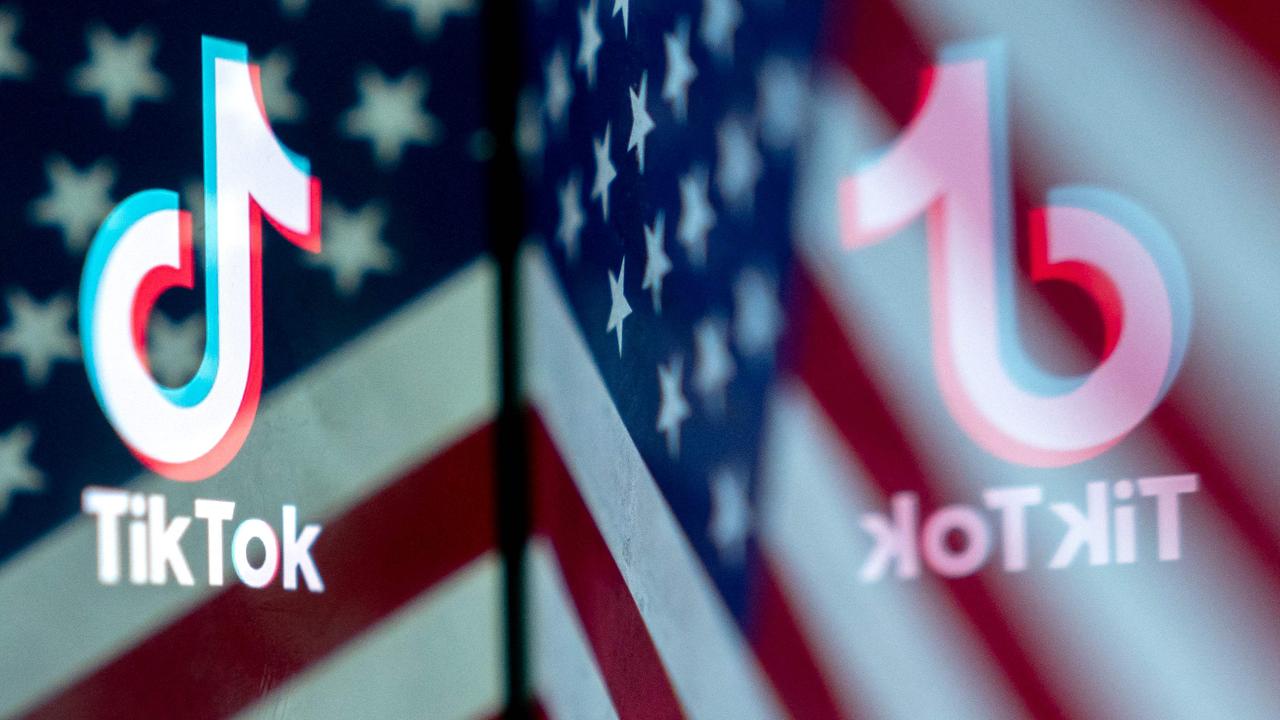
Decisive vote
On Wednesday, US time, the lower house of Congress voted 352 to 65 in favour of the “Protecting Americans from Foreign Adversary Controlled Applications Act”.
The bill passed decisively and was a rare moment of bipartisanship in a divided Congress.
The new law would ban TikTok from US app stores unless its American operations were separated from its Chinese owner ByteDance.
The legislation is the biggest threat yet to the video-sharing app, which has surged to huge popularity across the world all while causing intense nervousness among governments and security officials about its Chinese ownership and its potential subservience to the Communist Party in Beijing.
But the fate of the bill is uncertain in the Senate, where key figures are against making such a drastic move against an intensely popular app that has 170 million US users.
Several hard right supporters of Donald Trump voted against the bill. That came days after Mr Trump criticised the proposed law stating it would give Facebook owner Meta – which he called the “enemy of the people” – more power.
When Mr Trump was president, he attempted to wrest control of TikTok from ByteDance, but was blocked by US courts.
Mr Trump denied accusations that he changed his tune because a major investor in TikTok, hedge funder Jeff Yass, is donating to his campaign.
Marjorie Taylor Greene, one of Mr Trump’s biggest cheerleaders, denied her vote against the bill was influenced by his opposition.
“He has his opinion on the bill and he can voice it. It doesn’t mean that we’re all robots,” she told CNN.
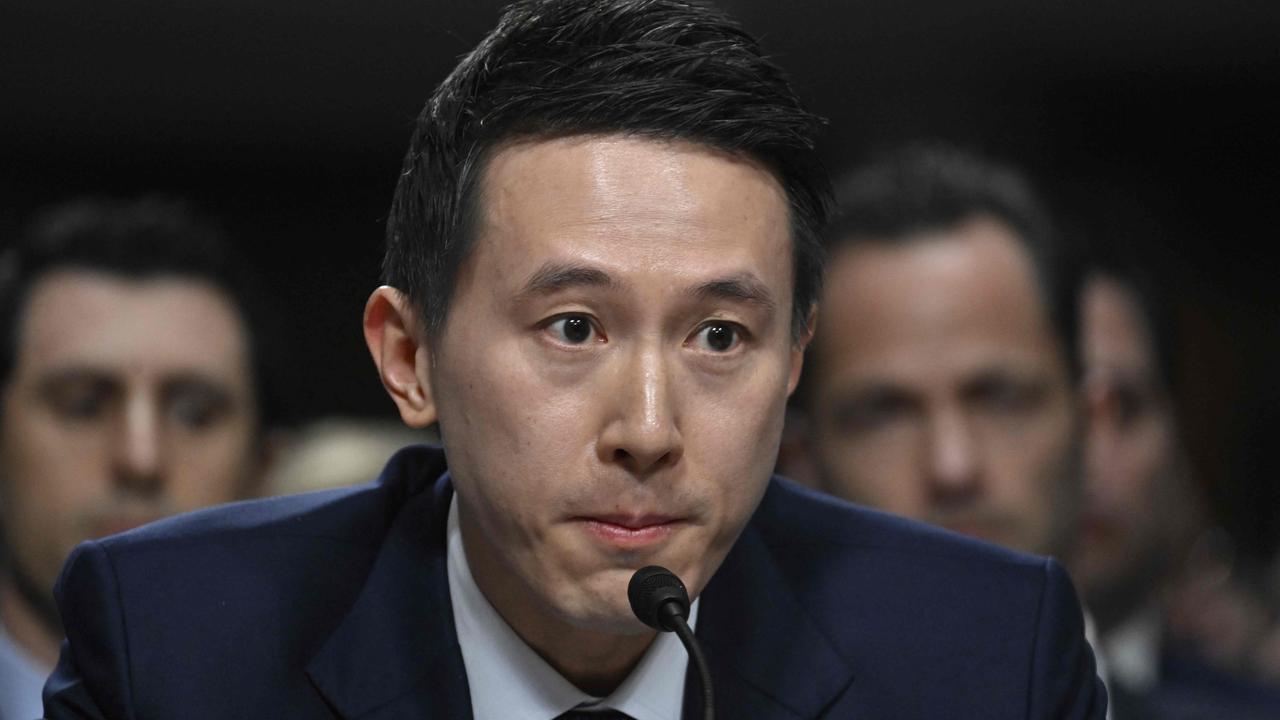
‘Make no one happy’
The law would also give the President power to designate other applications to be a national security threat if under the control of a country considered adversarial to the US.
TikTok CEO Shou Zi Chew was in Washington, trying to shore up support to stop the bill.
“This latest legislation being rushed through at unprecedented speed without even the benefit of a public hearing, poses serious Constitutional concerns,” wrote Michael Beckerman, TikTok’s vice president for public policy, in a letter to the bill’s co-sponsors seen by AFP.
But talking to CNN, deputy director of New York University’s Stern Centre for Business and Human Rights Paul Barrett said the firm as well as Beijing should have realised a ban was likely.
“Faced with persistent bipartisan suspicion in the US, ByteDance and the Chinese government should have read the political signals more astutely and spun off TikTok as a stand-alone American company.”
But, Mr Barrett warned, a total ban of TikTok in the US would limit free speech and “make no one happy”.
House Democrat leader Hakeem Jeffries said he was in favour of a sale of TikTok in the US.
“It’s simply a divestiture of TikTok so that this social media platform can be owned by an American company that would protect the data and the privacy of the American consumer from malignant foreign interests like the Chinese Communist Party”.
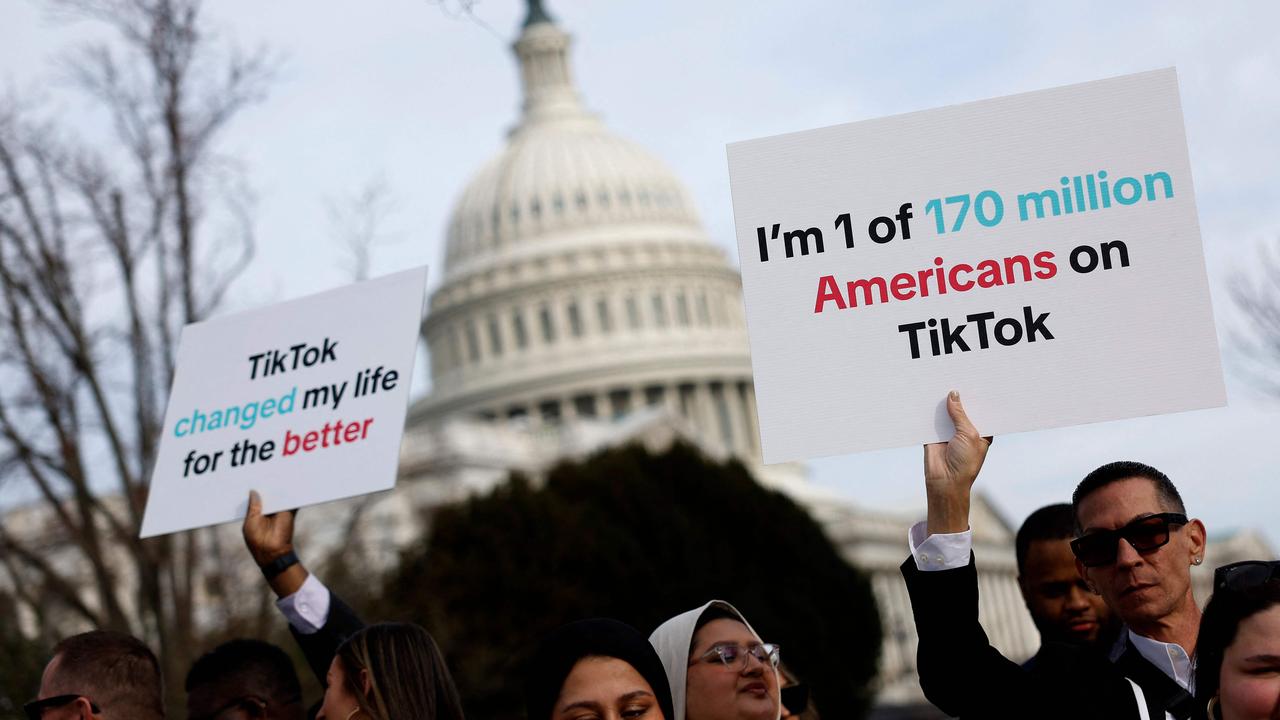
The co-sponsors, House Republican Mike Gallagher and House Democrat Raja Krishnamoorthi, as well as the White House, argue that the bill is not a ban of TikTok, as long as the company divests from ByteDance.
TikTok is already banned in India while numerous countries – including Australia, New Zealand and the UK – have banned it from government devices.
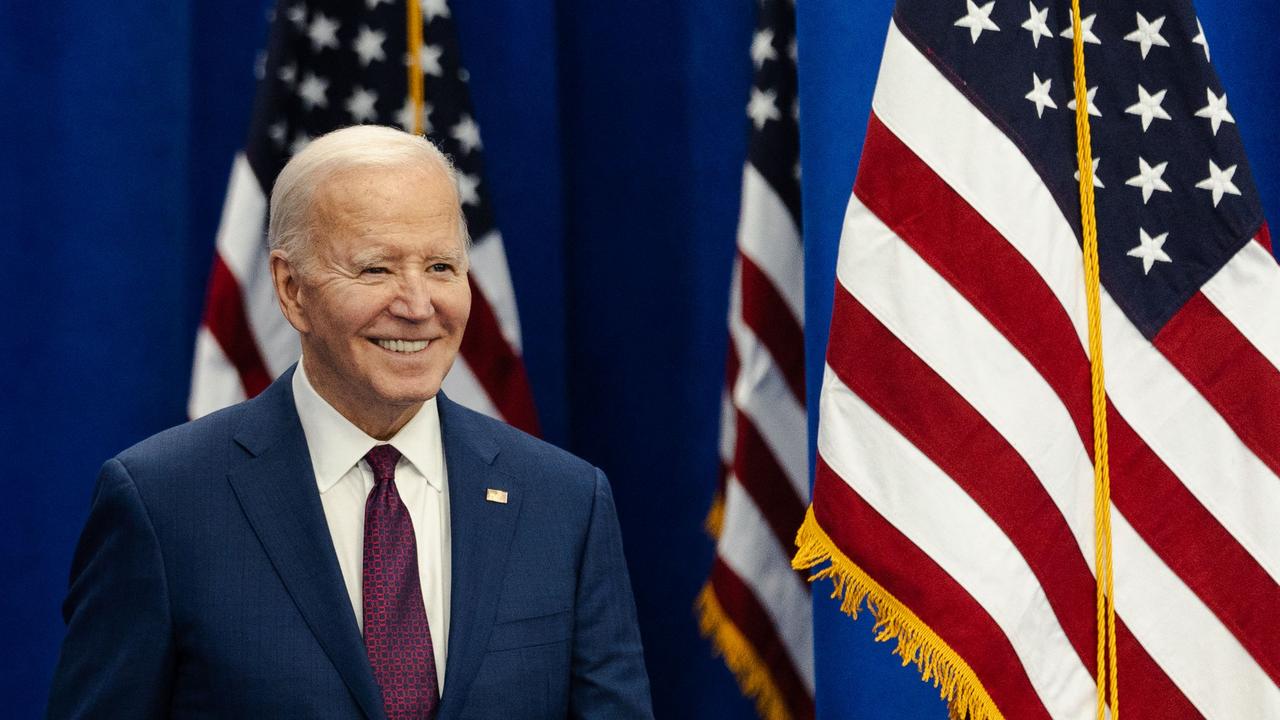
China fury
Politicians were given a briefing on TikTok’s alleged risks this week.
A Republican who voted against the law said there was no “specific information” from it that warranted a ban.
But a Democrat who voted for it said the concerns were “legitimate” and a judgement call had to be made to “deter the malign influence of (China)”.
China warned on Wednesday that any moves on TikTok would “inevitably come back to bite the United States”.
“Although the United States has never found evidence that TikTok threatens US national security, it has not stopped suppressing TikTok,” foreign ministry spokesman Wang Wenbin said, condemning it as “bullying behaviour”.
Other efforts to ban TikTok also failed with a bill proposed a year ago getting nowhere largely over free speech concerns.
Similarly, a state law passed in Montana banning the platform was suspended by a federal court on the suspicion that it likely violated constitutional free speech rights.
TikTok staunchly denies any ties to the Chinese government and has restructured the company so the data of US users stays in the country, the company says.
Keywords
<p>Chinese officials say they "firmly oppose" the platform being divested.</p>
Ukraine ‘will have a chance at victory’ with new US aid, Zelenskyy says
Congress passes bill that could ban TikTok after years of false starts
Ukraine war: Kyiv uses longer-range US missiles for first time
How soon could US ban TikTok after Congress approved bill?
‘LOSING CREDIBILITY’: Judge explodes at Trump lawyers as case heats up
TikTok faces US ban as bill set to be signed by Biden
KANYE WEST PLANS TO LAUNCH 'YEEZY PORN' ... Could Be Coming Soon!!!
Claim rapper ‘made staff watch her have sex’
Megan Thee Stallion’s Ex-Makeup Guru Talks. It’s Not Pretty.
